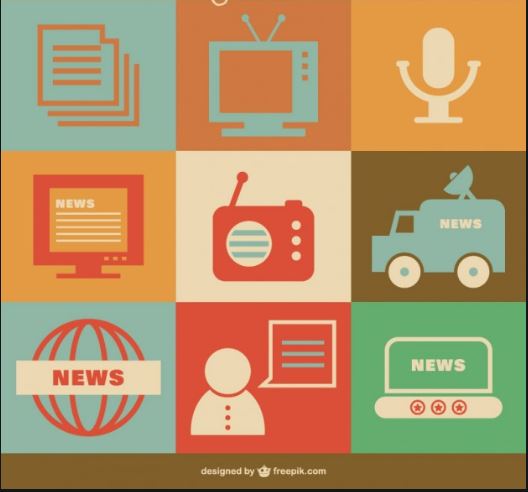First of all, I don’t want anyone to interpret me differently than the message I want to send. I am not talking about the thousands of professionals who are cutting out their work, with a personal risk to themselves and their loved ones, in order that we can know as much as possible about the pandemic.
Second providence: in this article, I will mainly refer to television, which at the moment has a greater impact on society.
This morning I had the opportunity to speak to a person of English nationality who lives in Spain. As always, or almost always these days, the first question has been around health, that is, the “How are you?” English is more updated than ever.
After that beginning, we have started to talk about the latest news, and I’ve been surprised that he has told me that he no longer watches the news on Spanish television (he has not made reference to a specific channel, but to everyone in general). When I’ve asked him why, he’s told me that he has the feeling he has when he hears football on the radio, that is, that the Spanish media are broadcasting the coronavirus in minute and result format, and that this has ended up discouraging and tiring him.
I have been worried by what he’s have told me, and it has made me reflect. In three days, it is the fourth similar opinion that I have received. The media has been considered “essential” in the royal decree that regulates which activities can continue to be carried out during the pandemic. And, therefore, like all those that are, their responsibility is, if possible, greater than usual.
My question, therefore, is: are audio-visual media fulfilling the “essential” function that has been given to them? Some keys to understand why the spectators might feel tired:
• All information spaces are exclusively dedicated to Covid.19.
• The news programs are opened with the number of deceased, even before that of the cured, which is much higher.
• The figures are updated practically to the minute. It is the minute and result indicated by my English contact.
• “Experts” appear who say one thing, and in the same program, followed by others who say the opposite.
• The editorial lines are maintained, that is, depending on which channel you are watching, it seems that they speak from different countries on the same subject.
• Sensationalism is still sought, giving priority to the exception and not to the rule.
It can be said with rigor that the audience ratings do not drop. We must add that at many hours, as in the case of noon, there are many more people at home than usual. Somehow there is a certain captive audience, which is observed in the rebound of the news on that time slot.
After that I wonder some questions:
• Does the repetition of bad news make the general perception more serious, or does it make us more responsible? We cannot cheat the figures, which are what they are.
• Is it ethical to make a partisan use of the information, when they have declared you “asset of public interest”?
• Should regular chatters give way to other more experts, such as doctors, researchers, pulmonologists, laboratory workers, confronting their opinions?
• If we assume that the fundamental task of the media is the social awareness of the situation, are the media fulfilling their essential role during the pandemic? Do they spread or confuse?

